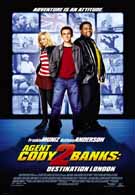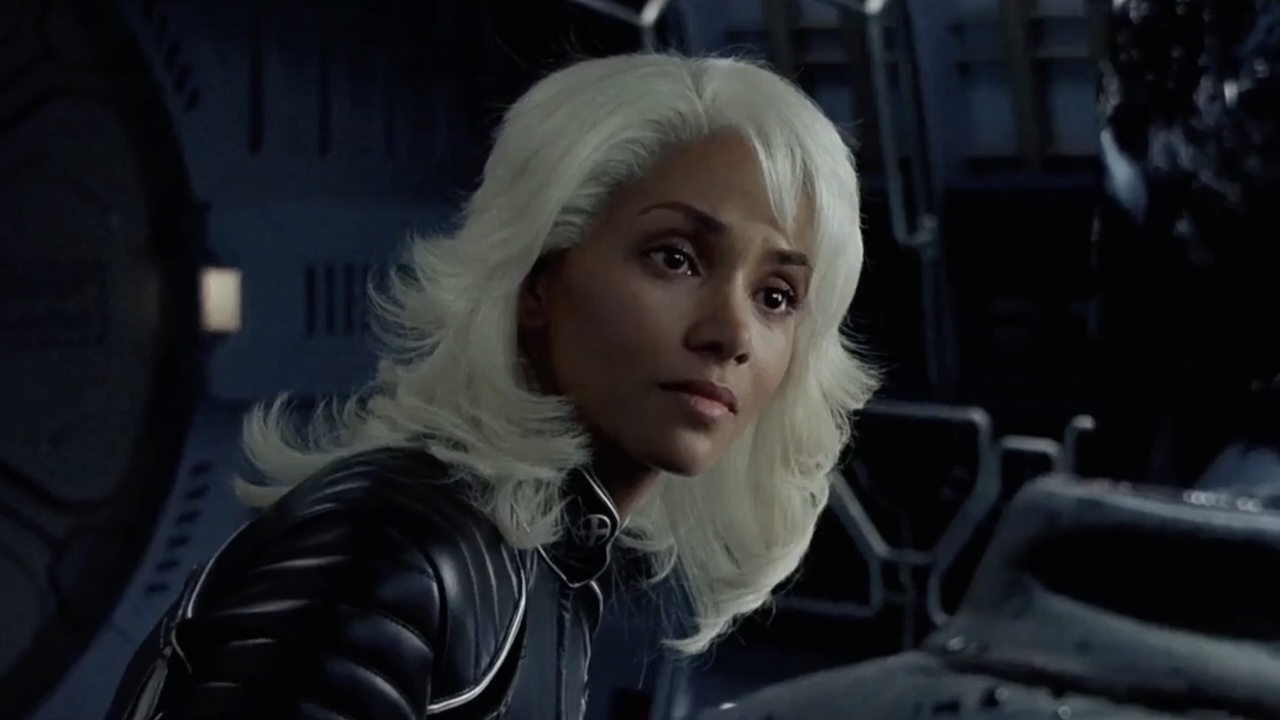Agent Cody Banks 2: Destination London is an unmemorable and unimaginative sequel. It is the safest of safe projects and succeeds only in making one realize the irony that it, like many in the genre, is an adventure film unwilling to take any risks. It is too safe to do any harm to viewers, though, least of all the young ones who are likely not to mind at all.
Young Cody Banks (Frankie Muniz), the hero of last year’s sleeper hit Agent Cody Banks, is still working as a special agent for the C.I.A. He now spends his days at a special training camp (a summer camp to the unsuspecting) for other young agents. Early on, a special ops team raids the camp, looking for an agent-turned-traitor named Diaz (Keith Allen), who has stolen a top-secret mind-control device and is going to sell to the highest bidder. Diaz tricks Banks into letting him go, and is held accountable by the C.I.A. Director (Keith David). Banks is then sent to pose as a student at a music-oriented boarding school in London to retrieve the device, whose head (James Faulkner) is the suspected buyer. But he isn’t sent alone. Along for the ride is a bumbling new sidekick (Anthony Anderson, a natural bumbler). When the pair discovers that Diaz will use the device on the world’s leaders, thus putting Diaz and the head of the school in control of the world, they set out to stop him.
Now, I have seen episodes of “Malcolm in the Middle,” and I know that Muniz is pretty talented. Yet here he lacks the charisma to come off witty or charming. Most of his actions are awkward and misplaced, unintentionally so. Every line from him seems to be read and not performed. Worse is that he is upstaged by Anderson in every scene. Anderson lightens up the very stuffy setting with his jubilant presence, and the perfect comedic timing to make even the most worn street jokes somehow worth chuckling over again.
Unlike Spy Kids or the recent Catch That Kid, Agent Cody Banks 2 (which has, oddly, lost the “2” in much of the promotional material) doesn’t make good use of the size, talent, or mind-set of a teenager. Banks acts like an adult and is often treated as one, too, only making him a short version of James Bond (one whose success with the ladies is less frequent). In one scene, in which Banks is introduced to Derek, Derek blasts rap music in their vehicle, while Banks demands he silence the music not to blow their cover. Derek tells him to act his age, which seemed like pretty sound advice.
This line could have given way to a good plot point, especially for a sequel. One of the many purposes of a sequel is to elaborate on an already existing plot point from the previous film. Does Banks learn from his sidekick’s warm advice? No. He doesn’t even grow as a character, let alone as a teenager. The story never makes any attempt to show the difficulties of balancing a healthy home life, communicating with the opposite sex, and saving the world. In fact, the female lead (Hannah Spearritt), a fellow student in the movie, is so connected to the espionage that there is never any room for our hero to take a breather, and get acquainted with her.
Understandably, as a series progresses, it becomes more and more difficult to wring out details of a main character, but this is Agent Cody Banks 2, not Agent Cody Banks 4, so the lack of attention to the character is inexcusable. What good is saving the world if you can barely save yourself?
Your Daily Blend of Entertainment News

